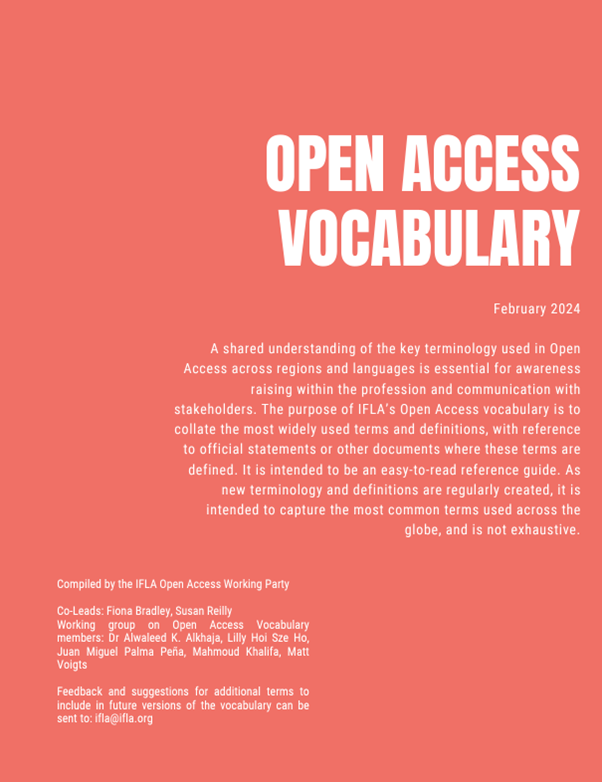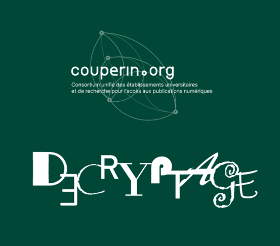Réseau Sudoc PS : restitution d’une enquête sur l’application Cidemis

L’enquête du Réseau Sudoc PS sur l’application Cidemis, réalisée du 6 au 16 novembre 2023 auprès de 19 responsables de centres, a recueilli des avis sur l’application utilisée par environ 3 000 bibliothèques pour les demandes ISSN et les corrections de données. Une refonte en 2021 visait à améliorer son utilisation. L’enquête avait pour but d’évaluer l’efficacité des flux de travail entre Sudoc PS et ISSN, en identifiant les problèmes pour rationaliser les processus. Les retours guideront les améliorations ciblées, améliorant la performance et l’expérience utilisateur de l’application. L’enquête est disponible en PDF (en français).
The Sudoc PS network survey on the Cidemis application gathered feedback from November 6-16, 2023, involving 19 regional centre managers. Cidemis, used by around 3,000 libraries for ISSN requests and data corrections, underwent a 2021 overhaul for better usability. The survey aimed to assess workflow efficiency between Sudoc PS and ISSN, identifying issues to streamline processes. The feedback will guide targeted improvements, enhancing the application’s performance and user experience.






